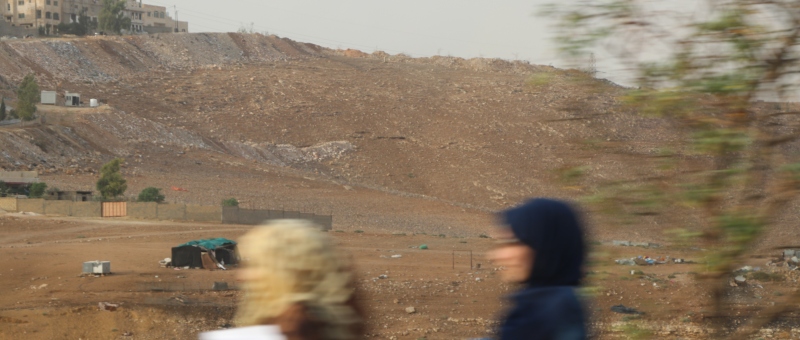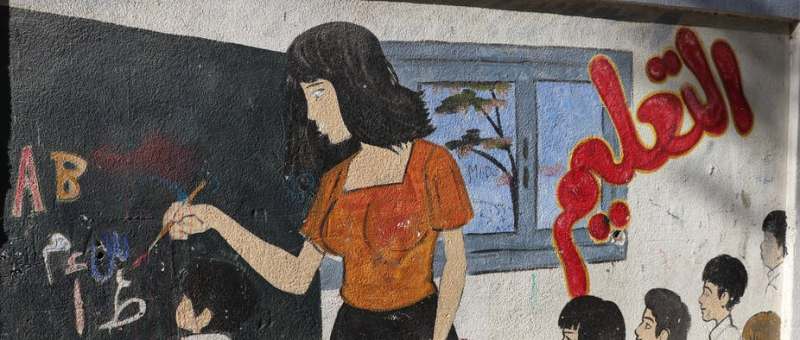Can ‘development approaches’ in response to forced displacement work without a focus on refugee rights? In this post, Katharina Schmidt examines programmes, such as the Cash for Work (CfW) programme and humanitarian Water, Shelter and Hygiene (WASH) programmes, developed in Jordan following the Compact agreement of 2016. These programmes are designed to facilitate refugees’ independence…
Tag: employment
Sustaining protracted displacements: A brief history of labor policy for Jordan’s refugees
This piece problematizes dominant conceptualisations of refugees in Jordan both as passive victims dependent on aid and as migrants who are ‘interchangeable’ within the Jordanian labour market. Specifically, Aaron Steinberg examines and problematizes the impact of the Jordan Compact, an international agreement ostensibly providing paths to employment for Syrian refugees in Jordan. However, as Steinberg…
Employment and pension rights in the context of the localisation of aid agenda
Introductory reflection by Elena Fiddian-Qasmiyeh, Refugee Hosts PI and UCL Through the Localisation of Aid agenda, the international community has committed to support 'locally-based' actors who play a key role in responding to people affected by conflict and displacement. Indeed, as we have been exploring in our Localisation of Aid blog series, nationally- and locally-based…
Syrian Refugees in Turkey, Jordan and Lebanon Face an Uncertain 2017
Syrian Refugees in Turkey, Jordan and Lebanon Face an Uncertain 2017 By Elena Fiddian-Qasmiyeh, University College London As 2016 drew to a bloody close in Syria and the government took back control over eastern Aleppo, over 4.8m Syrian refugees continued to seek safety and a means of living a dignified life across the Middle East. There…




You must be logged in to post a comment.